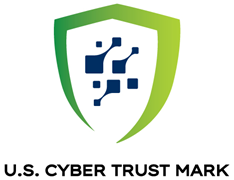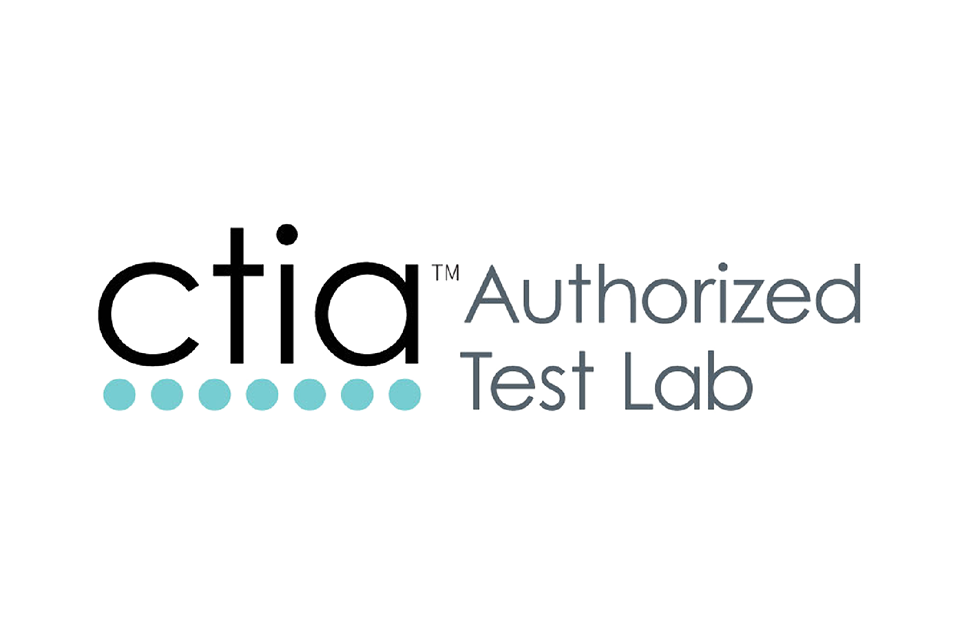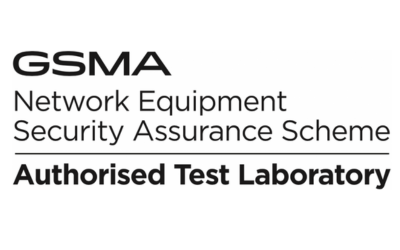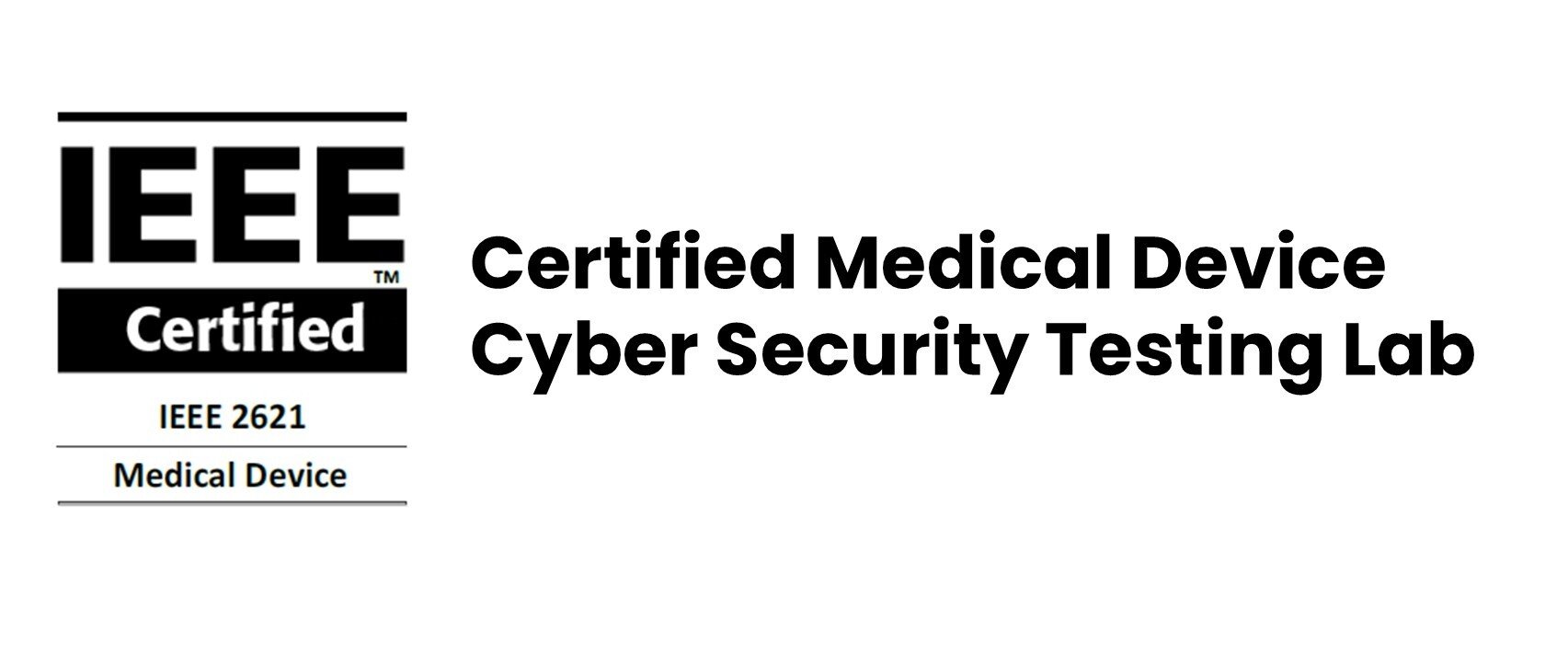Network Equipment Security Assurance Scheme
(NESAS)
Enhance your product’s security posture to demonstrate commitment to cyber-resilience, instilling customer trust and partner confidence.
What is NESAS?
NESAS is a voluntary network equipment security assurance scheme operated and maintained by GSMA and provides a rigorous security assurance framework to ensure network equipment maintain a baseline of adequate security controls to protect against threats which can impact the national communications critical infrastructure.
NESAS defines a set of security requirements and an assessment framework for secure product development and product lifecycle processes, as well as security test cases for the security evaluation of network equipment. This universal industry standard helps network equipment vendors to meet and maintain security levels throughout the product lifecycle. The framework covers equipment that supports functions defined by 3GPP and is deployed by MNOs on their networks.
What are the benefits of NESAS
The NESAS framework offers a number of benefits to stakeholders in the mobile industry and regulatory and user communities and include:
- Product security assurance; provides measurable, visible and comparable metrics for security and resilience to stakeholders.
- Quality and consistency; Evaluation of network equipment, conducted by competent accredited Test Laboratories allows MNOs determine the level of security of that equipment before it is deployed.
- Test once - report many; Reduces the security testing burden on vendors, MNOs and interested regulators and national authorities.
We work with your team to understand requirements and priorities, both tactical and strategic, and develop a roadmap to help you achieve product security assurance and certification goals with clarity.
The core purpose of implementing a Secure Product Development Framework is to maintain continuous trustworthiness and resilience in the development process.
To ensure adherence with industry standards and current best practices, the Product Lifecycle Security Audit is designed to verify Security by design practices (e.g., Domain separation, Least Privilege, Attack Surface Minimization, Vulnerability Disclosure) including:
- Design Process
- Implementation process
- Building process
- Testing process
- Release process
- Operation process
- Maintenance process
- Vulnerability Management
- Supply Chain Risk Management
The GSMA network Product Evaluation addresses all functionality and capabilities of the Network Functions supported by a product using applicable Security Assurance Specifications (SCASes). The GSMA Security Assurance Specifications (SCAS) outline specific test cases which are designed to verify the security controls and protection mechanisms offered by a product in order to help product providers and service organizations build products and services with robust cybersecurity in mind to protect consumers and carrier-grade infrastructures, while creating a more secure foundation for emerging networks and technologies (e.g., smart cities, MEC, V2X, mHealth, IoT). The 3GPP SCASs is considered a common baseline, on top of which individual operators or national IT security agencies have the liberty to enforce additional security requirements, as necessary.
There are two types of SCASes that are applicable to a Network Product. A generic SCAS (3GPP TS 33.117) which applies to any Network Product and all its functionality, and a specific SCAS which applies to dedicated Network Functions only.

The advantages of the GSMA SCAS evaluation include:
- Demonstrates commitment to security and reduces risks for consumers and Mobile Network Operators (MNOs).
- May result in fewer individual product security audits.
- Delivers a baseline security review of relevant product processes and functions
- Offers a uniform approach to product security audits.
- Avoids fragmentation and potentially conflicting security assurance requirements in different markets.
GSMA NESAS Overview
Product Security Lifecycle Surveillance Activities
Palindrome offers the following services to enhance your Product's Security Lifecyle
- Annual Security Product Lifecycle Process Risk Assessment (GSMA and ISO based)
- Ad-hoc security testing for specific product enhancements
- Product specific OSINT and Attack Surface Monitoring
- Annual product security assessments
Why Choose Palindrome Technologies?
Palindrome Technologies was the first worldwide recognized GSMA NESAS Accredited Testing facility and a leading applied information security research firm and analysis laboratory, with expertise in emerging technologies, embedded systems, communication networks, software, and cloud-based infrastructures. Palindrome is an accredited ISO/IEC 17025 testing laboratory which helps global enterprise organizations, service providers and network equipment suppliers with deploying and maintaining secure networks, services, and products.
As an ISO-accredited security testing lab with over two decades of experience, Palindrome guides organizations through rigorous certification processes, including FCC, GSMA, NIST, IEEE, ETSI, CTIA, and ISA standards. Our expertise in emerging technologies, including 5G, and IoT, positions us at the forefront of cybersecurity, enabling us to anticipate and mitigate potential threats in your products.
By partnering with Palindrome, you gain access to our Symmetric Defense approach, which combines in-depth expertise with cutting–edge research to identify and eliminate weaknesses across all attack surfaces.
Start Securing Your Critical Infrastructure
Leaving your mission-critical systems vulnerable can impact your reputation and cripple your market reach.
Palindrome Technologies can help you not only meet regulatory requirements but also demonstrate the highest levels of assurance to stakeholders and your commitment to keep your customers secure.






